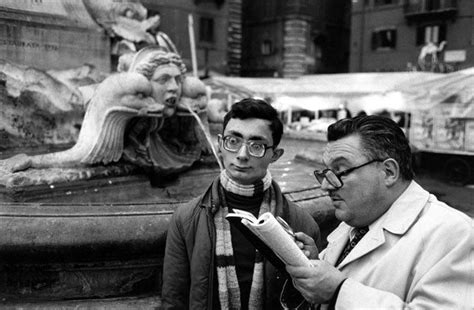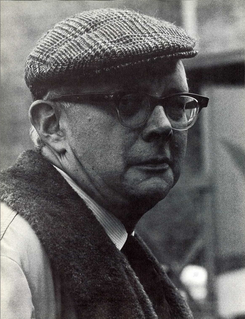A Quote by Frederick Lenz
Behind the transient reality, there is something else. It is a deeper, more permanent and unchanging reality that we Buddhists call nirvana.
Related Quotes
When I talk about the realm of spirit, happiness, nirvana, enlightenment, I'm not talking about something ideal or imaginary. There are realms of light that exist, that have always existed and will always exist. They're much more solid than the transient perceived reality that you're currently experiencing
Reality became for me a problem after my experience with LSD. Before, I had believed there was only one reality, the reality of everyday life. Just one true reality and the rest was imagination and was not real. But under the influence of LSD, I entered into realities which were as real and even more real than the one of everyday. And I thought about the nature of reality and I got some deeper insights.
Every call to worship is a call into the Real World.... I encounter such constant and widespread lying about reality each day and meet with such skilled and systematic distortion of the truth that I'm always in danger of losing my grip on reality. The reality, of course, is that God is sovereign and Christ is savior. The reality is that prayer is my mother tongue and the eucharist my basic food. The reality is that baptism, not Myers-Briggs, defines who I am.
To regard such a positive mental science [psychology] as rising above the sphere of history, and establishing the permanent and unchanging laws of human nature, is therefore possible only to a person who mistakes the transient conditions of a certain historical age for the permanent conditions of human life.
There's an all-enveloping destructiveness in Donald Trump's character and in his psychological tendencies. But I've focused on what professionally I call solipsistic reality. Solipsistic reality means that the only reality he's capable of embracing has to do with his own self and the perception by and protection of his own self. And for a president to be so bound in this isolated solipsistic reality could not be more dangerous for the country and for the world. He's not psychotic, but I think ultimately this solipsistic reality will be the source of his removal from the presidency.
You believe that reality is something objective, external, existing in its own right. You also believe that the nature of reality is self-evident. When you delude yourself into thinking that you see something, you assume that everyone else sees the same thing as you. But I tell you, Winston, that reality exists in the human mind, and nowhere else. Not in the individual mind, which can make mistakes, and in any case soon perishes: only in the mind of the Paty, which is collective and immortal.
I capture reality, never pose it. But once captured, is it still reality? I've always tried to play with the false impression of reality, with the ambiguity of appearances. Things are what they seem to be, or maybe something else. I use people as unconscous actors in little dramas they don't know they're in. These pictures are about Earthlings, but I'll let you in on a secret: I'm an Earthling myself.
Teachers and students (leadership and people), co-intent on reality, are both Subjects, not only in the task of unveiling that reality, and thereby coming to know it critically, but in the task of re-creating that knowledge. As they attain this knowledge of reality through common reflection and action, they discover themselves as its permanent re-creators.
I was trying to develop a completely new, nonvoyeuristic approach to the female body as something other than a visual object. I wanted to find out what happened when you leave behind the voyeuristic mode and confront people with reality. But that's what was so interesting for me to discover: People don't want to see reality. It's a pretty simple idea, really, this question of how we deal with reality. When something is constructed, when it's projected onto a screen, it's acceptable, but it's different when it's there in front of you in a public space.


































